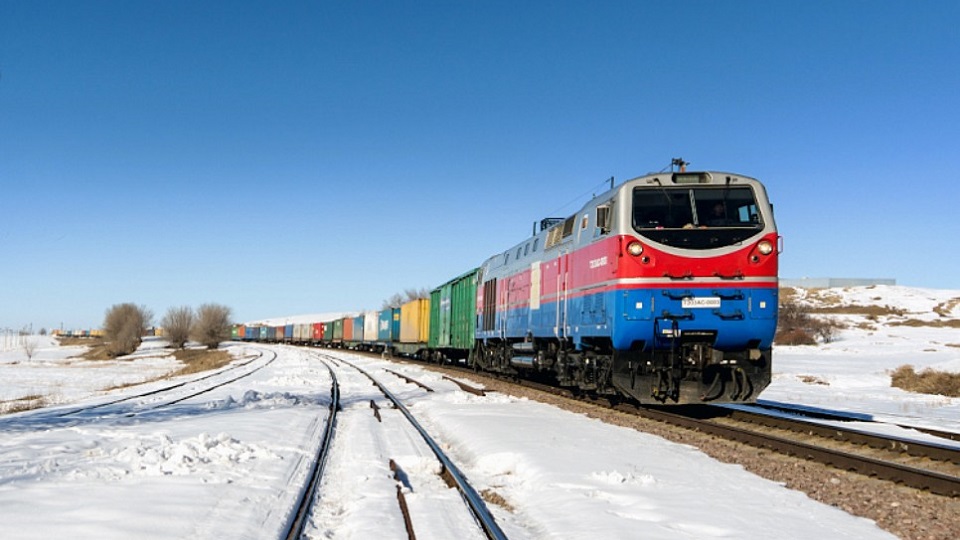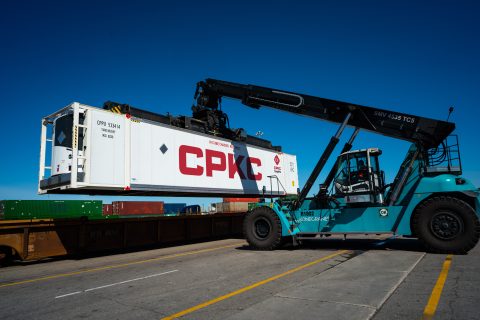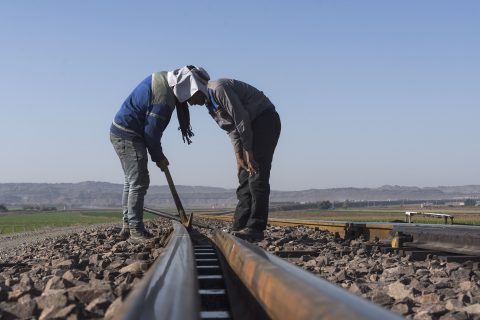KTZ Express: new India-Kazakhstan service via Iran-Turkmenistan

Kazakhstan is joining Russia in the quest to develop the eastern branch of the International North-South Transport Corridor (INSTC). The newest development is that KTZ Express, the multimodal subsidiary of Kazakhstan’s national railway company KTZ, is carrying out the transportation of sesame seeds from India to Kazakhstan, via Turkmenistan and Uzbekistan.
Do you want to read the full article?
Thank you for visiting RailFreight.com. Become a member of RailFreight Premium and get full access to all our premium content.
Are you already a member?
Having problems logging in? Call +31(0)10 280 1000 or send an email to customerdesk@promedia.nl.




